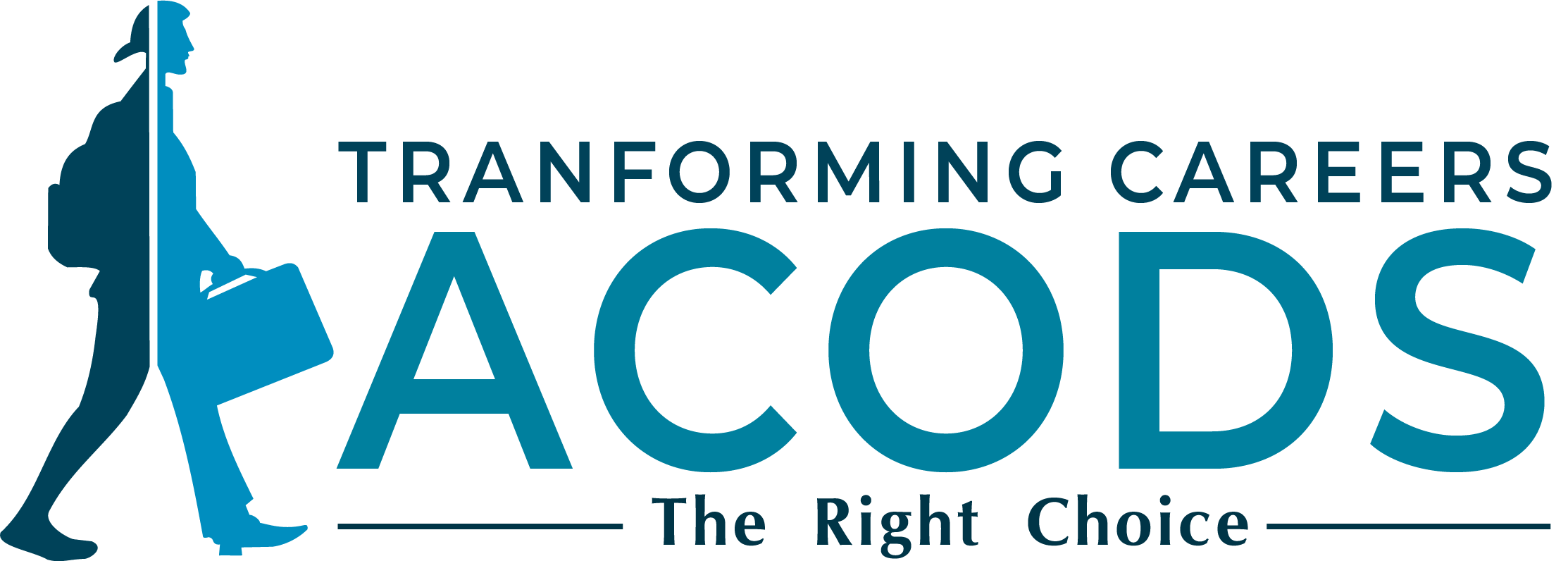
French university prohibits ChatGPT usage by students
“At the University of France, students must abide by a strict rule: no ChatGPT usage allowed. French university Bans ChatGPT For those who seek to excel in their studies, the university encourages creativity and original thinking, not the Artificial Intelligence of ChatGPT. ”They point to the potential for plagiarism, inaccuracies, and lack of critical thinking that comes with the use of this AI-powered assistant.
Introduction
France recently took a bold step in the technology sector, announcing a ban on the use of ChatGPT software by university students. ChatGPT is a powerful Artificial Intelligence (AI) software that provides written content in response to questions. Although the software has been praised for its ability to generate interesting and creative content, French officials are concerned about its potential for misuse. In this blog post, we will explore the reasons why France has chosen to ban the use of ChatGPT software, as well as the potential implications for students and the AI industry.
Unexpectedly, the French university of Lille recently said that it will forbid any of its students from using ChatGPT, an AI writing helper. According to reports, this university is the first in the world to take such a position against building tools that use AI.
Professor René Descartes, the president of the university, announced the ban by claiming that ChatGPT was “not compatible” with the institution’s goals for its teaching mission. He continued by saying that the institution supported enhancing rather than Artificial Intelligence (AI) replacing students’ cognitive capacities.
ChatGPT is an AI-based writing assistant created by open-ai, a company that specializes in natural language processing. It is known for its ability to generate original, highly detailed and accurate content quickly and with minimal human input. This makes it an attractive option for students who are looking to get their writing assignments done quickly and easily.
- The restriction on ChatGPT by the French university continues a global trend of academic institutions exercising caution when it comes to writing tools powered by artificial intelligence. Some American colleges, including Harvard, have even gone so far as to forbid their students from utilising writing tools powered by artificial intelligence (AI) for certain tasks.
- The concern is that students may rely too heavily on AI-assisted writing tools and may not develop their own writing skills. Professors worry that the use of AI-based writing tools may lead to substandard work or plagiarism.
Reason of Ban
- The primary reason for the ban is the potential for misuse of ChatGPT software. AI software is highly complex and has the potential to produce content that is not always accurate or appropriate. If used in an academic setting, the software could easily produce plagiarized or false content, undermining the integrity of the university system. Furthermore, the software is capable of producing offensive or highly controversial content, which could lead to a breakdown in the academic environment.
- In addition to the potential for abuse, ChatGPT software also has the ability to be utilised to give pupils unfair advantages. For instance, a student might utilise the software to easily and rapidly generate an essay, making it challenging for other students to compete. A level playing field when pupils are not evaluated primarily on their own merits could result from this.
- Despite the ban, ChatGPT is still widely available and is being used by students in many other universities around the world. It is unclear whether the French university’s ban will be widely adopted by other institutions in the future.
- The ban on ChatGPT software has already had an impact on the AI industry, as many companies were developing products that were based on the technology. The ban has caused some companies to rethink their strategies, as they have had to adjust to the changing market demands.
It’s crucial to keep in mind the possible advantages of AI software. When utilised properly, ChatGPT can rapidly and accurately produce high-quality content, saving students precious time. Additionally, it may be utilised to create original and creative content, giving students the opportunity to develop their creativity without having to spend many hours on research.
Ultimately, the decision to ban ChatGPT software in French universities was made with the best intentions. The software could have been misused, resulting in a breakdown of the integrity of the university system. Furthermore, it could have given some students an unfair advantage over others.
Conclusion
Overall, the University of Lille’s ban on ChatGPT serves as an important reminder that artificial intelligence-based writing tools should be used responsibly and with caution. While AI-assisted writing tools can be a great way to save time and effort, they should not be relied upon too heavily and should not be used to produce plagiarized work. Universities should continue to be vigilant when it comes to regulating the use of AI-based writing tools, to ensure that students are still learning and developing their own writing skills.










